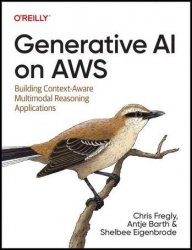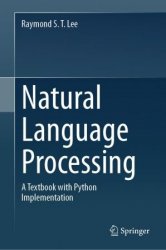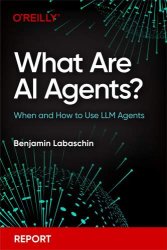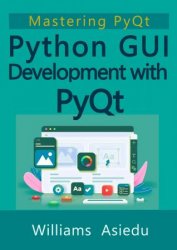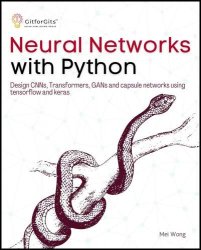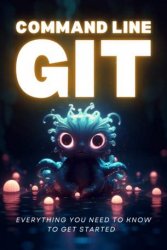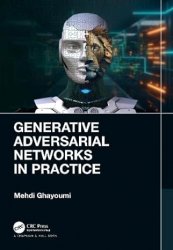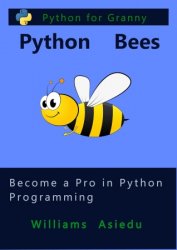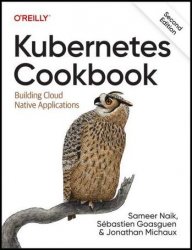 Название
Название: Kubernetes Cookbook: Building Cloud Native Applications, 2nd Edition (Final)
Автор: Sameer Naik, Sébastien Goasguen, Jonathan Michaux
Издательство: O’Reilly Media, Inc.
Год: 2024
Страниц: 301
Язык: английский
Формат: pdf, epub (true)
Размер: 10.1 MB
Kubernetes is the de facto standard for container orchestration and distributed applications management across a microservices framework. With this practical cookbook, you'll learn hands-on Kubernetes recipes for automating the deployment, scaling, and operations of application containers across clusters of hosts. In this fully updated second edition, Sameer Naik, Sébastien Goasguen, and Jonathan Michaux from TriggerMesh provide a problem-solution-discussion format with easy lookups to help you find the detailed answers you need—fast. Kubernetes lets you deploy your applications quickly and predictably, so you can efficiently respond to customer demand. This cookbook delivers the essential knowledge that developers and system administrators need to get there. With this book, we want to help you solve concrete problems around Kubernetes. We’ve compiled more than 100 recipes covering topics such as setting up a cluster, managing containerized workloads using Kubernetes API objects, using storage primitives, configuring security, and plenty more. This book was written for anyone who belongs somewhere in the DevOps spectrum. You might be an application developer who is required to occasionally interact with Kubernetes, or a platform engineer creating reusable solutions for other engineers in your organization, or anywhere in between. This book will help you navigate your way successfully through the Kubernetes jungle, from development to production.
 Название: Become A Ninja With Angular (v17.0.0)
Название: Become A Ninja With Angular (v17.0.0)

